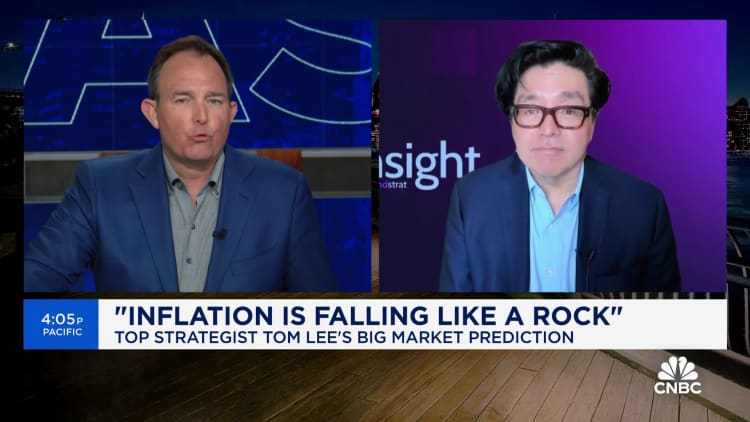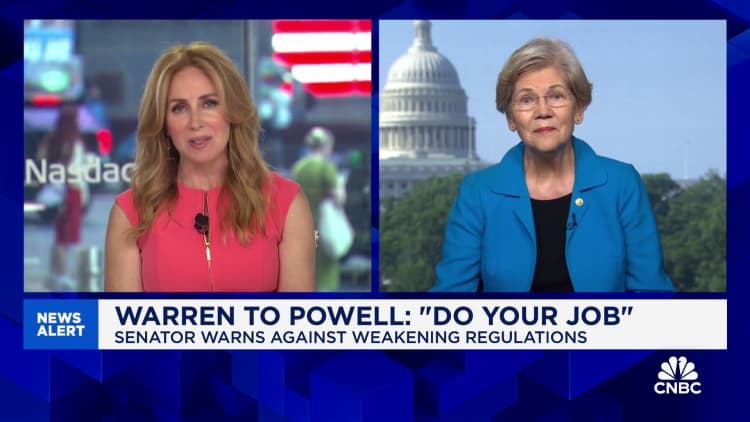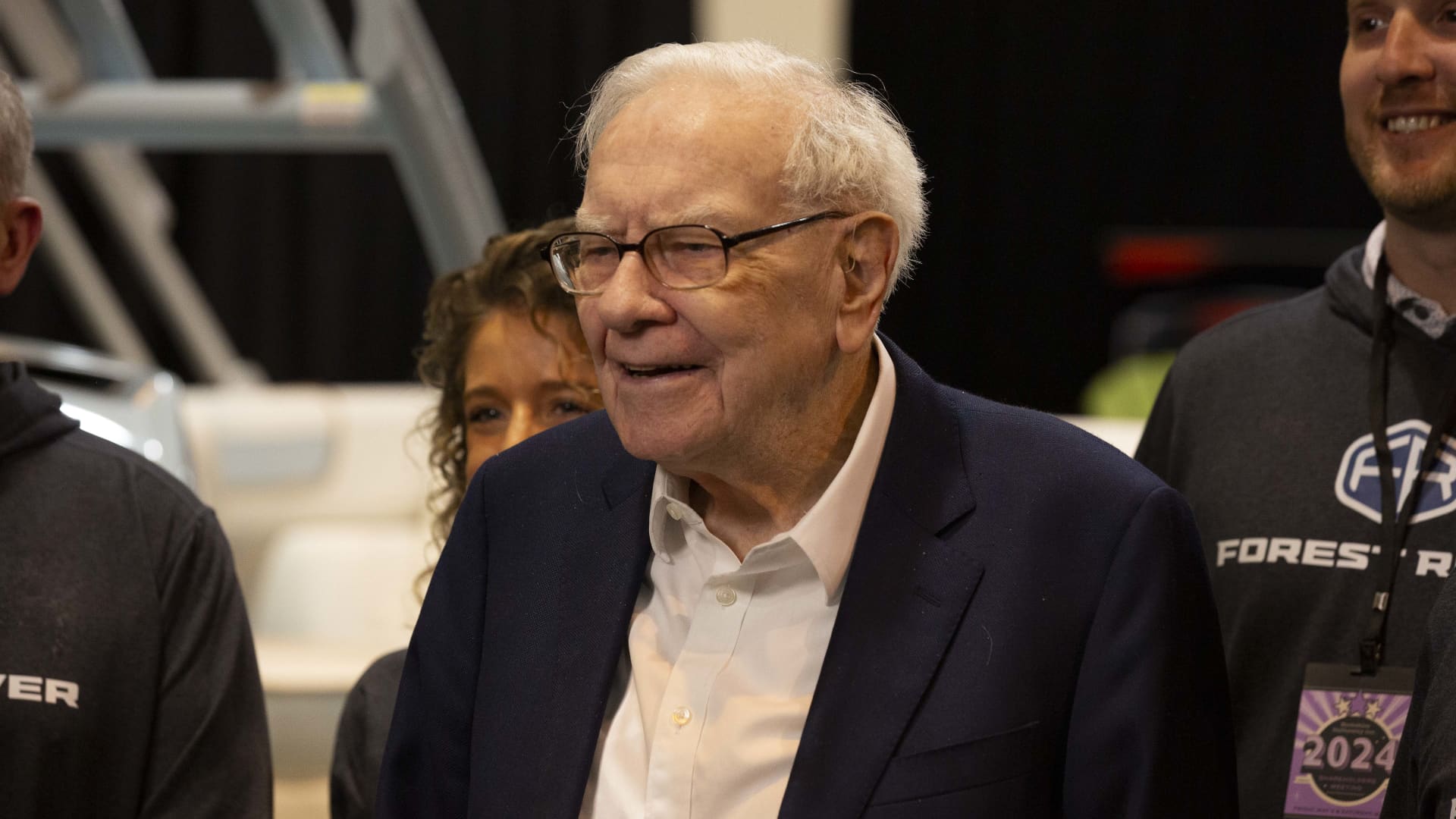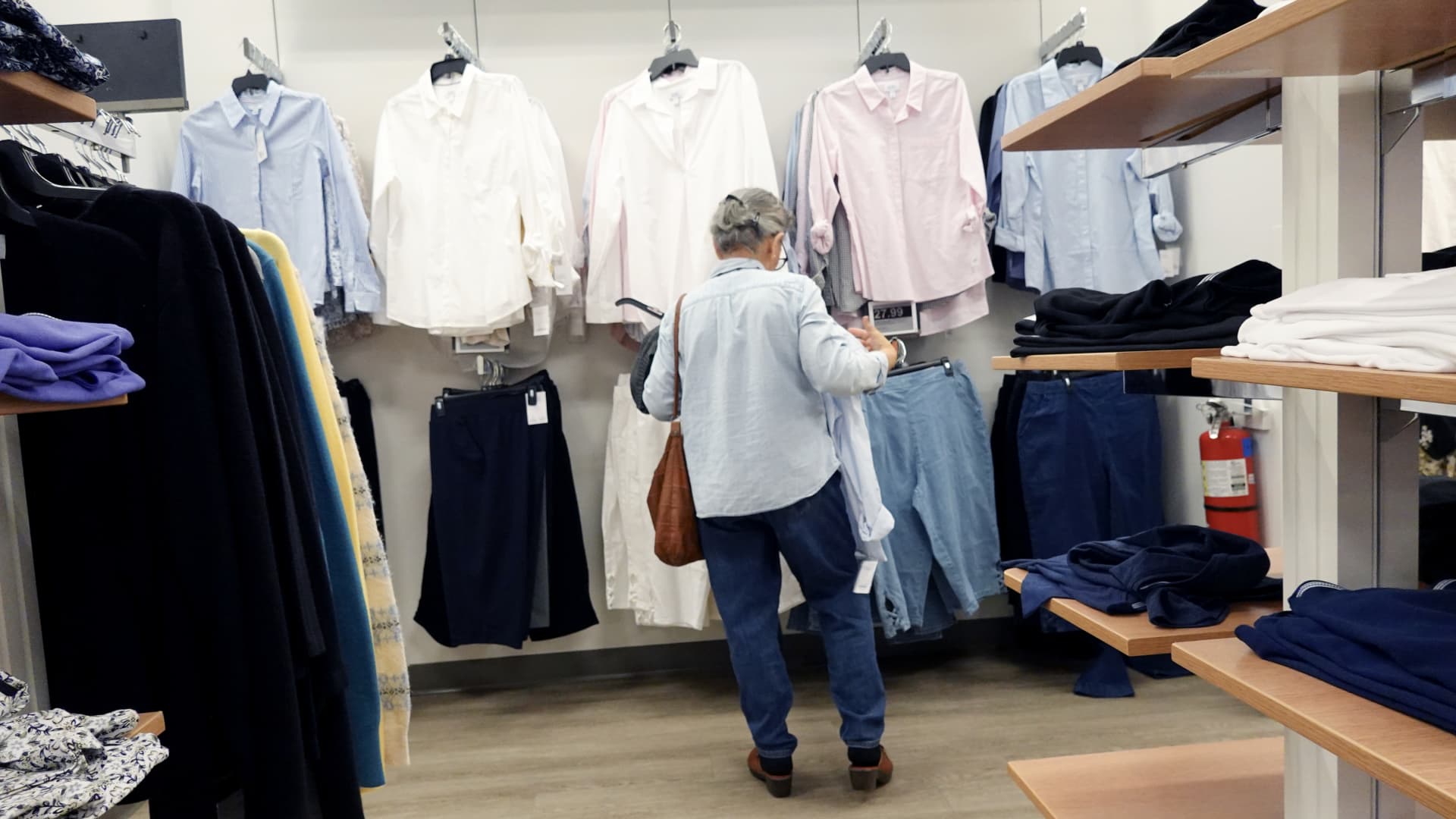Real hourly earnings, or wages after inflation, have been positive since May 2023. That means buying power has increased for the average worker, especially those in non-managerial roles. Real wages had previously been negative for two years amid fast-rising consumer prices. Rudi_suardi | E+ | Getty Images
Americans have seen their buying power rise for a year amid falling inflation and a strong job market, which might be welcome news for households struggling to afford everyday purchases.
The average worker in the private sector saw their real hourly earnings grow 0.8% from May 2023 to May 2024, according to U.S. Bureau of Labor Statistics data.
“Real” earnings measure the net growth in workers’ wages after inflation. In other words, the average worker in the private sector got a net raise from May 2023 to May 2024, after accounting for price growth in consumer goods and services. Their paycheck today buys more than it did a year ago.
The trend of growth in annual real earnings has persisted since May 2023, according to BLS data. It’s been especially strong for rank-and-file workers who work in non-managerial roles, data shows.
That marks a reversal from April 2021 to April 2023, when inflation spiked and eclipsed growth in the average worker’s paycheck.
More from Personal Finance:
How to get a lower credit card interest rate
Tax strategies after a prolonged job layoff
How to tap your home equity
“The last year of increases in real wages is a large and important step forward for working families,” said Chris Tilly, a professor and labor economist at the University of California, Los Angeles.
“It means that they can buy more while putting in the same number of hours of work,” he added. “Or, they can decrease the total number of household work hours — for example, cutting down from two jobs to one, or having one earner reduce to part-time in two-earner families — while buying an equivalent amount.”
What happened with real earnings
Real earnings tend to grow at a positive rate during “normal” times, said Maximiliano Dvorkin, an economic policy advisor at the Federal Reserve Bank of St. Louis.
However, dynamics in the pandemic-era U.S. economy threw that equilibrium out of whack, economists said.
For one, inflation surged, peaking at a four-decade high in mid-2022.






